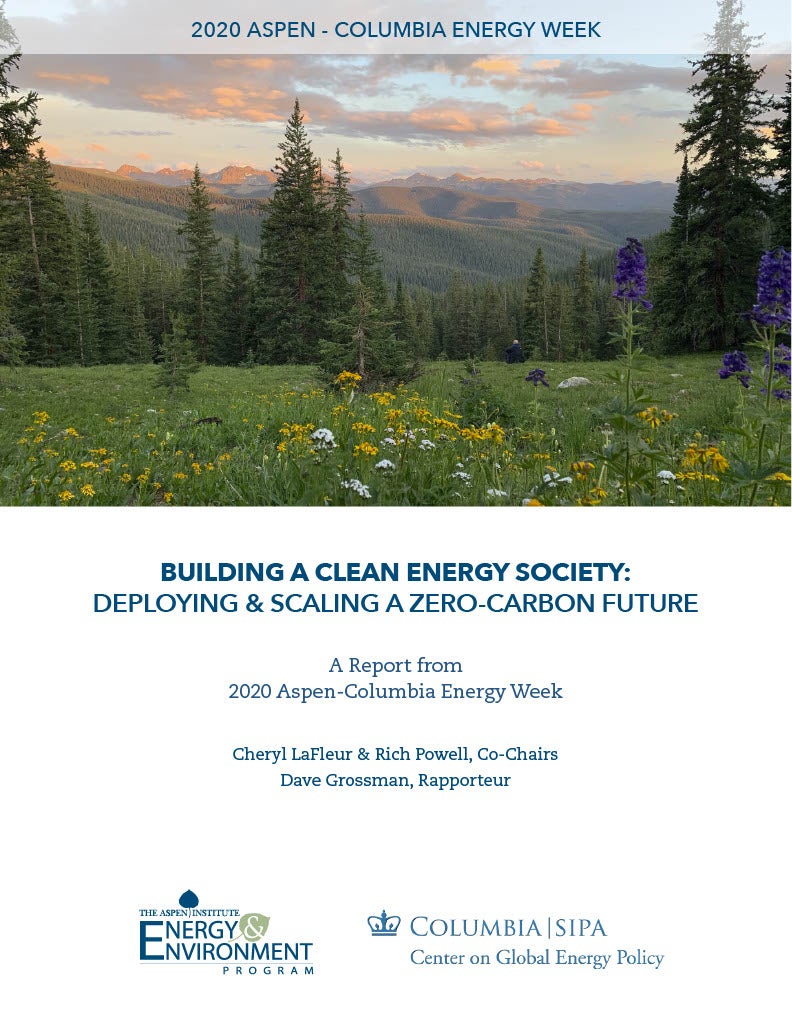2020 has been an unprecedented year in many respects, including political, societal, public health, and economic upheaval. It has also been unprecedented with respect to climate and energy. In addition to headline-grabbing climate impacts happening around the world, technologies are emerging and beginning to scale, finance mechanisms are being developed, and decarbonization commitments are being made in ways that would have been unimaginable a few years ago.
As with numerous other parts of global life, the COVID-19 pandemic has caused tumult in energy markets. Fuel demand dropped precipitously, especially for jet fuel. Vehicle sales cratered, though electric vehicles (EVs) fared better than global auto sales as a whole. Public transportation systems saw massive cuts in ridership and revenue. The power sector saw a shift in demand from commercial to residential buildings, as well as negative impacts on coal. The U.S. steel industry took a hard hit. Clean energy technologies dependent on global supply chains were challenged by COVID and the recession.
Building a Clean Energy Society: Deploying & Scaling a Zero-Carbon Future is a summary of the discussions held during 2020 Aspen Energy Week. The report captures the participants’ vision to devise, design, and deploy a new wave of policy and regulation, technology, market reform, financial mechanisms, and innovation to build a cleaner and more equitable energy economy.


